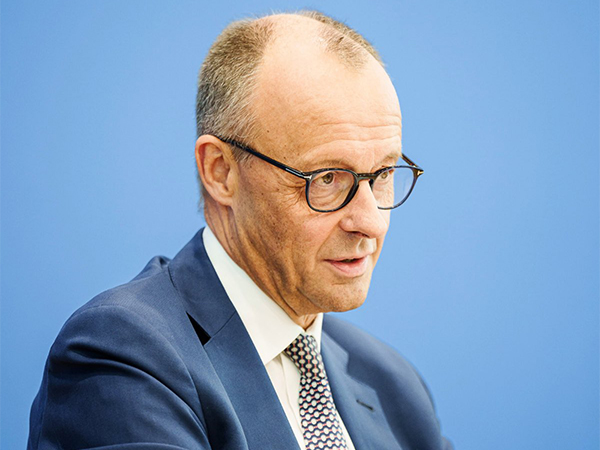Debating the Future: EU's 2035 Car Emission Targets
Chancellor Friedrich Merz meets German auto execs, opposing a hard end to CO2-emitting cars by 2035 in the EU. While electric mobility is key, Merz urges for alternative energies and subsidies for electric vehicles. EU targets are met with calls for broader technology options amid competitive pressures.

Chancellor Friedrich Merz has publicly stated his intent to prevent a strict cessation of carbon dioxide-emitting cars by 2035 within the European Union. This declaration came after a meeting with top German auto executives on Thursday. Merz is determined to find a balanced approach moving forward.
While acknowledging electric mobility's rising importance, Merz stressed the necessity of exploring alternative energy solutions. Support for the government's approach was expressed by Hildegard Mueller, head of Germany's VDA auto association, highlighting the value of technical options in maintaining job security.
Faced with competitive pressures and EU's stringent CO2 targets, automakers urge for extended compliance deadlines. Finance Minister Lars Klingbeil and industry leaders, including VW's Oliver Blume and Mercedes-Benz's Ola Kaellenius, advocate for flexibility with technologies like plug-in hybrids and range extenders beyond 2035.
(With inputs from agencies.)










